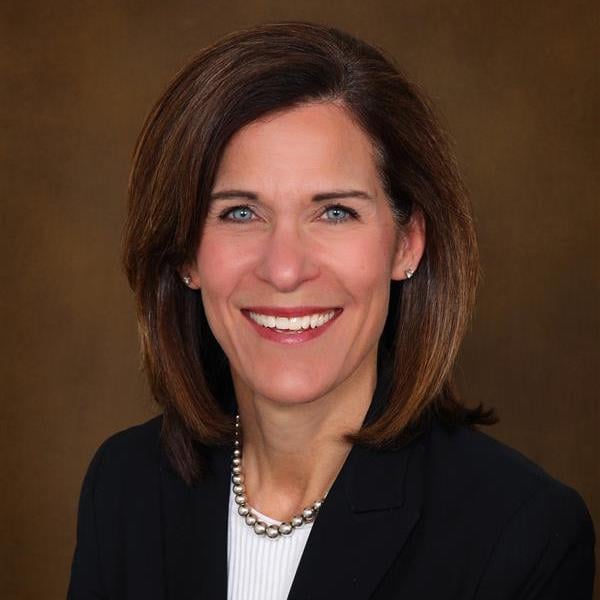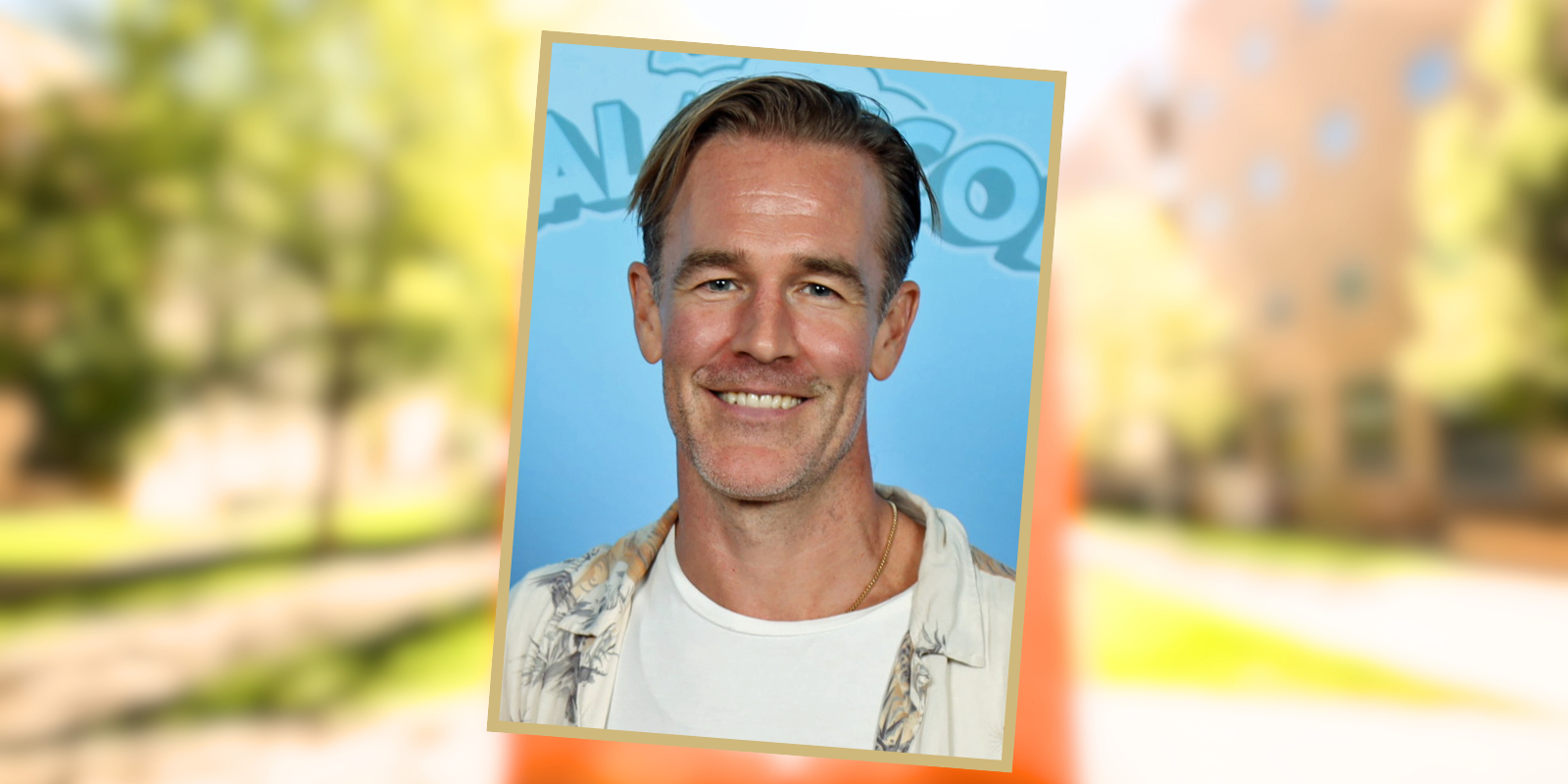Actress Suzanne Somers, best known for her iconic role as Chrissy Snow on the 1970s and ’80s sitcom “Three’s Company,” died October 15 after a 23-year struggle with breast cancer. Somers was 76.
In 2020, Somers said in an interview that she had had malignant melanoma and skin cancer earlier in her life, and in 2000, she was diagnosed with breast cancer. She said at the time that she would forgo conventional treatment and combat her cancer with alternative medicine and diet, but in 2007 she said that after receiving radiation therapy and a lumpectomy (surgery to remove part of the breast), in addition to her alternative medicine treatment, she had been declared cancer free.
In June 2023, Somers revealed in an Instagram post that her breast cancer had returned, writing that “I had breast cancer two decades ago, and every now and then it pops up again, and I continue to bat it down. I have used the best alternative and conventional treatments to combat it. … This is not new territory for me. I know how to put on my battle gear, and I’m a fighter.”
We talked with University of Colorado Cancer Center member Gretchen Ahrendt, MD, professor of surgical oncology, about what a 23-year battle with breast cancer looks like and what other people with the disease can learn from Somers’s experience.





